Larry Bolch
Well-Known Member
Larry, just to clarify that I understand the thread- you are talking about the X100?
Yes, in my jacket pocket during the cold months and in a small waist pouch otherwise. Delightful to never be without a camera.
Larry, just to clarify that I understand the thread- you are talking about the X100?
That's how I feel about my Olympus XA.Delightful to never be without a camera.
I'll be there in late August, Hamish. But don't worry about it. Whenever it arrives will be fine.XA is smaller too and full frame!
Which reminds me ... I must get that xa2 in the post ... When ate you over Brian? When's my deadline?
Thanks for the clarification Larry.
I have had good recommendations about the X100 from others.
I wonder if Hamish intends to sell his.
Excellent idea. While a dSLR may well be the ideal camera for you, be aware that there are some really interesting cameras coming to market. Once the camera companies mastered the basics of making digital cameras, a lot of R&D money has been going into sensors, and that is paying off with smaller cameras quite capable of very nice quality.
The person who bought my D300 is presently sharing his ancestral homeland in Europe with his two grown daughters, and both a daughter and father are carrying a Fuji X-S1 while the D300 languishes at home. The X-S1 has a built-in zoom of enormous ratio, and one of the most interesting multi-mode sensors on the market. Canon has come out with a "serious compact" that is in essence a very high-end P&S. Moderate zoom built in, with a 1.5" sensor that is nearly as large as those found in many dSLRs. Ricoh has an interesting camera—a basic chassis, that accepts a variety of modules that transform it into quite different cameras.
Olympus and Panasonic share the Micro Four Thirds format, with a large variety of lenses from which to choose, plus there are mirrorless interchangeable lens cameras from Sony, Samsung and Pentax/Richoh. When Nikon brought their little Nikon 1 models to market, in many ways they were the most technologically advanced cameras you could buy—and they were not aimed at enthusiasts! The power was aimed at making them easy to use, no-fail family cameras. These all tend to be much smaller and lighter than dSLRs, as well as much quieter, making them easier to use for natural unposed photographs of people.
Photokina is a huge photographic trade show held only once every two years. This is a Photokina year and it will be opening on September 18th. Camera companies tend to use it to introduce new technology, and to get feedback—positive or negative—to prototype designs. Between today and the day it closes, we will be getting a preview of what may be in store for us over the next couple of years.
I for example, always carried a small, very-high quality rangefinder camera after work during the film era. It was a camera-type I greatly desired from the beginning of the digital era. Fuji showed a prototype at the last Photokina and I recognized instantly that it was the camera which for over a decade I had been hoping to buy. Response was enthusiastic and Fuji put it into production. I ordered one on the day of the announcement and could not have been more pleased with it. Over the past year and half, it is with me every time I step out my door. It is still one-of-a-kind.
While any camera can do the job, finding the camera that provides the highest level of comfort is what makes the hobby so pleasant. As you browse the shelves and handle the merchandise, imagine what and how you will be going about taking pictures. If budget is a problem, you could do much worse than buy one of the higher-end compacts. Less complication with the built-in lens, but still all the controls of a 'real' camera—along with sophisticated automation. Use it fully for a couple of years. By that time, you will have the experience to really judge your direction in photography, and the sort of camera that will empower you to pursue that direction. After you buy, the compact can continue doing duty as a carry-everywhere camera or you can pass it on to someone worthy. All the major camera makers have at least one in their line-up. They can provide a lot of learning with little risk.
I'm failing on all fronts here ... I can't find the spare fg20 I thought I had and the d100 is very poorly!
This weekend I'm aiming to start my big clear out so keep em peeled for a big "for sale" thread
Hi Ben,
If your are content to stay with 35mm film /APC-C sized sensor I'd have a look at maybe a Fuji S2 / S3 Pro plus a Nikon FM or similar and a prime lens or two. The S2 / S3 / S5 are basically Nikon bodies with Fuji electronics and are pretty good value secondhand. And, of course, you can use the Nikon MF lenses on both these and a film body.
http://www.realphotographersforum.c...9-basic-manual-digital-camera-dslr-other.html
